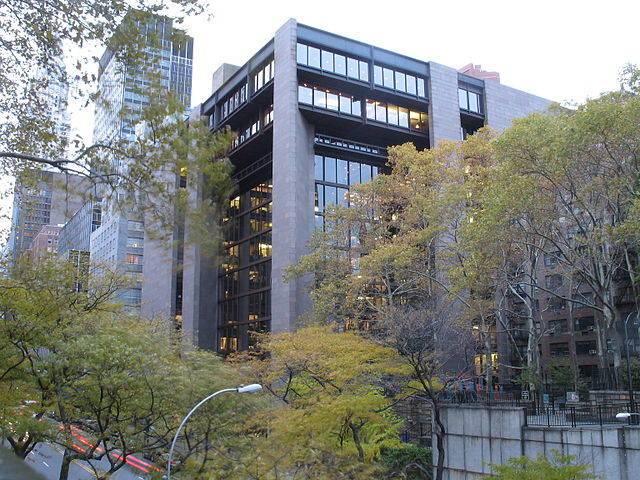
Last week the Ford Foundation announced a move that could transform social enterprise, generate more investment in the nonprofit sector, lift people out of poverty and boost inclusion in the global financial system.
The New York-based philanthropic organization said it will invest as much as $1 billion out of its $12 billion endowment to accelerate mission-related investing (MRI) over the next decade.
The 80-year-old foundation -- which over the years provided seed funding for countless initiatives, from public television to law school clinics to microfinance in Bangladesh -- believes this move will spur institutional investors and other foundations to devote more resources to impact investing.
The foundation says it now disperses up to $600 million in grants year-to-year. On that point, its staff insists that a slow shift of resources to MRI investing will have a minimal effect on the foundation’s grant programs.
MRIs differ from other foundation activities in that such funds come directly from a foundation’s endowment. Their goal is to not only achieve social objectives, but also contribute to a foundation’s financial strength and growth. From the Ford Foundation’s point of view, a shift in how it conducts business is necessary if it hopes to continue funding community projects in the long term.
For almost 50 years, American tax law requires that private foundations pay out a minimum of 5 percent of their total assets annually. As a result, foundations generally invest most of their endowments in order to reap dividends or bank interest to bankroll its costs, as well as pay out funds for those important grants.
Other philanthropies fund what the nonprofit world calls program related investments (PRIs), which can comprise both equity investments and low-interest loans. But PRIs and conventional grants generally come from funds generated by the investment payouts that an endowment earns.
For the Ford Foundation to actually commit 8 to 9 percent of its actual endowment exposes it to some risk – but also demonstrates how bullish the organization is on the growth of social enterprise.
At a time when more companies are eschewing the equity markets and going private, along with stubbornly low interest rates, foundations need to find innovative investment vehicles to grow in order to maintain and expand the work they fund. As more entrepreneurs embrace programs such as B Corp certification and social enterprises prove they can change lives and generate returns, more investors will take stock of what can in brief can be described as a private-NGO hybrid organization.
The foundation says it will initially target American affordable housing projects with its MRI investment, along with financial services in emerging economies.
Here in the U.S., urbanization has priced out many citizens while the current presidential administration appears determined to eliminate or decimate funding for many social programs. As one study last year concluded, the cost of housing has spiked to a point where very few cities can claim to offer affordable housing, good-paying jobs and a high quality of life.
Meanwhile in developing nations, while the number of citizens who are "unbanked" continues to decline, far too many people still lack access to the financial system. More companies are realizing the benefits of paying supply chain workers digitally, and the ability to access money and shop with a keypad cell phone has proven it can help lift people out of poverty. The Ford Foundation claims it already has a successful track record on this front with its work lifting low-income Americans out of poverty.
“We have come to believe that if we expect to overcome the forces of injustice and inequality, we need to expand our imaginations and our arsenals,” wrote Darren Walker, president of the Ford Foundation, in a recent blog post. “In short, we must begin to more deliberately leverage the power of our endowment.”
Image credit: Stakhanov/Wiki Commons

Leon Kaye has written for 3p since 2010 and become executive editor in 2018. His previous work includes writing for the Guardian as well as other online and print publications. In addition, he's worked in sales executive roles within technology and financial research companies, as well as for a public relations firm, for which he consulted with one of the globe’s leading sustainability initiatives. Currently living in Central California, he’s traveled to 70-plus countries and has lived and worked in South Korea, the United Arab Emirates and Uruguay.
Leon’s an alum of Fresno State, the University of Maryland, Baltimore County and the University of Southern California's Marshall Business School. He enjoys traveling abroad as well as exploring California’s Central Coast and the Sierra Nevadas.














